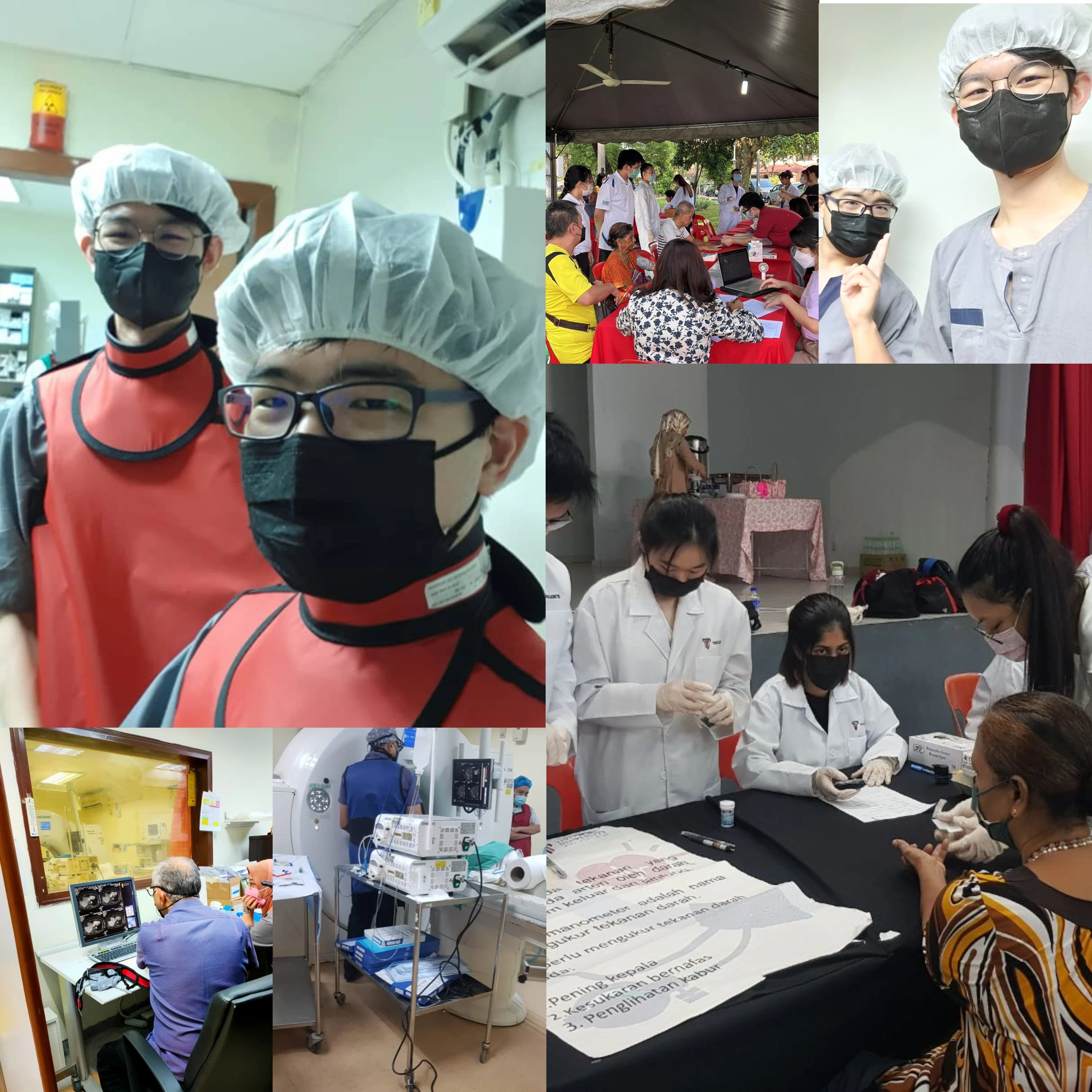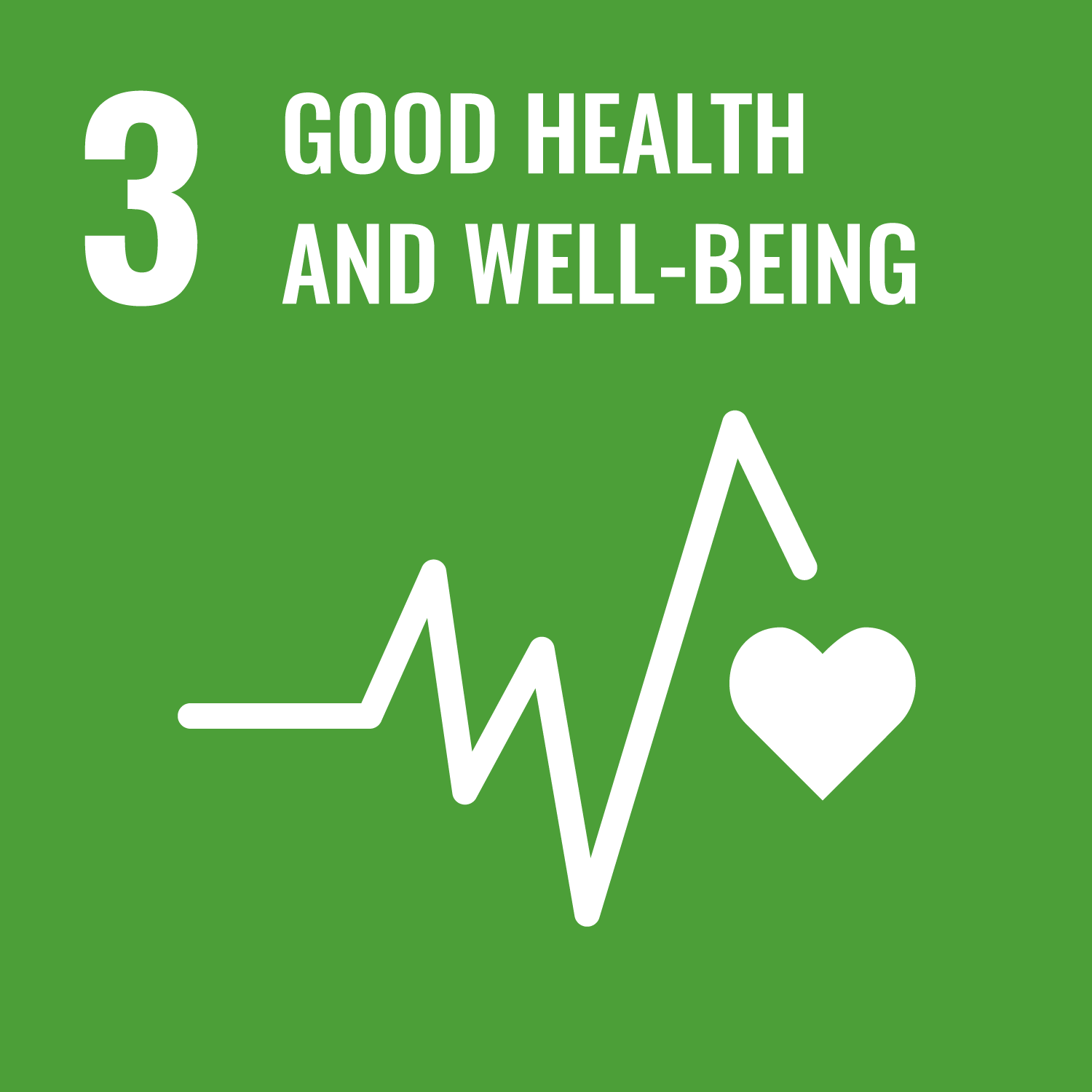Developing effective and affordable devices for early cancer detection and treatment
Regardless of their background, we believe everyone should have access to quality and affordable health care. Our lab has started collaborating with a local company to develop a novel method of cancer strain identification using a highly sensitive, portable, and rapid tester. The device can be used for large-scale population screenings at remote areas. This will benefit more people, especially those from the lower socio-economic groups.
In addition, we are collaborating with medical device manufacturers to further develop or enhance the safety and efficacy of some state-of-the-art cancer treatments, namely microwave ablation and laser ablation.
We have integrated this initiative into the School of Biomedical Science’s Final Year Project, which will allow students to complement their intellectual abilities with the practical skills required to solve real-world problems.
To enhance public awareness, our students will produce e-posters and videos that describe the technology in an easy-to-understand manner. These can be broadcasted through social media channels to reach wider audiences. This is a good example of how student activities can integrate knowledge, research, and advocacy to positively impact larger society.
Taylor’s 2023 – 2025 Community Health Screening Programme
This project aims to enhance community health awareness within the National People's Housing Project (“PPR”) population in the Klang Valley, by offering free health screening and education. PPR was chosen because this B40 community is vulnerable and has poor access to healthcare.
This screening programme will employ the novel method of disease biomarkers quantification using a highly sensitive, portable, and rapid tester developed through the collaboration between a local company and Taylor’s University. Upon the project’s completion, cost-effectiveness analysis of early disease detection will be conducted.
This programme is expected to raise awareness of the importance of community health screening. By doing so, it hopes to reduce the potential financial burden (relating to medical treatment) for the PPR population as well as improve their overall quality of life. More populations will benefit from the project’s progress in the long-term.
Innovative approaches for cancer diagnosis and treatment
Many studies by Taylor’s University researchers have focused on finding new and efficient methods for cancer diagnosis and treatment. Taylor’s research includes the use of nanomedicine (silver and gold nanoparticles, nanocarbon), small peptides, extracellular vehicles, natural antioxidants, phytochemical compounds, gene therapy, and thermal ablation of tumours. The research projects are mainly supported by the Ministry of Higher Education (MOHE) through the Fundamental Research Grant Scheme (“FRGS”) and Prototype Research Grant Scheme (“PRGS”), MAKNA Cancer Research, Malaysia Toray Science Foundation (“MTSF”) and various industry grants.


